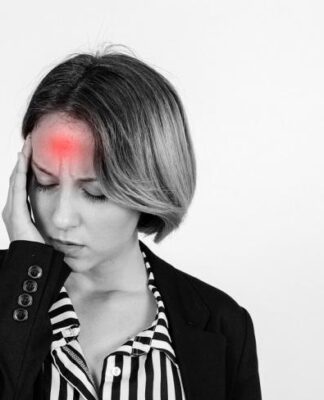Did you know in 2021, there were 100,000 deaths from a drug overdose? Addiction can become fatal but also wreak havoc on a person’s health and relationships. If you’d like to learn more, keep reading.
This guide will teach you about different types of addictions and how to prevent them. Find out about potential treatment options for yourself or your loved ones struggling.
Ready to learn more? Check out our tips below.
Defining a Physical Addiction
Physical addiction is when a person becomes dependent on a substance.
Common physical addictions involve opioids, alcohol, tobacco, prescription drugs, or cocaine. Physical habits have three groupings: prescription drugs, alcohol, and illicit drugs.
Alcohol Addiction
Alcohol addiction is a common form of addiction. It results from heavy drinking, binge drinking, or dependency. People often begin drinking in social gatherings, but unfortunately, the drinking progresses.
Illicit Drug Addiction
Illicit drug addiction is when an individual is addicted to illegal substances. An unlawful drug will often cause damage to the brain and other organs.
The person experiences a disruption in their brain, leading to altered perception.
Prescription Drug Addiction
Prescription drug addiction is when a person overuses an approved medication. Unfortunately, people have begun to become increasingly addicted to their pills in the US.
Defining a Behavioral Addiction
Behavioral addiction is when a person loses control of their actions. They engage in behavior that gives them a feeling of happiness.
The person will become dependent on the pleasurable sensation and act compulsively.
Sex addiction, food addiction, or video game addictions are some examples.
An impulse control disorder or compulsive behaviors can lead to addiction. Mental disorders or mental health issues can increase the risk for addictions.
What Are Some Common Signs of Addiction?
People will reveal signs of addiction different from another person. The signs or symptoms will often depend on the kind of substance.
Drug addiction will change the brain and has visible and notable physical symptoms. Behavioral addiction might not reveal similar physical symptoms.
Look out for social or relationship issues. Has your loved one withdrawn from their hobbies?
Some people won’t be able to continue with their daily activities like work or home obligations.
What Are the Treatment Options?
It’s a challenge for an individual to seek treatment, but also for their loved ones. Professionals provide treatment suitable to the addiction.
Family and friends can also receive counseling to learn more. For example, understanding meth addiction will help a relative or friend become more compassionate and supportive.
No matter the type of drug addiction, there is help available. Reach out to someone professional if you or a loved one are struggling.
Understanding the Different Types of Addictions
It’s helpful to understand the various types of addictions.
Some people will develop a physical habit of a substance like alcohol or drugs. Others develop a behavioral addiction. This results in compulsive behavior that leads to brief happiness.
Finding the right treatment option suited to the particular addiction is essential. Contact a health professional today for more information.
Would you like more helpful health tips like this guide? Check the rest of our blog today.















